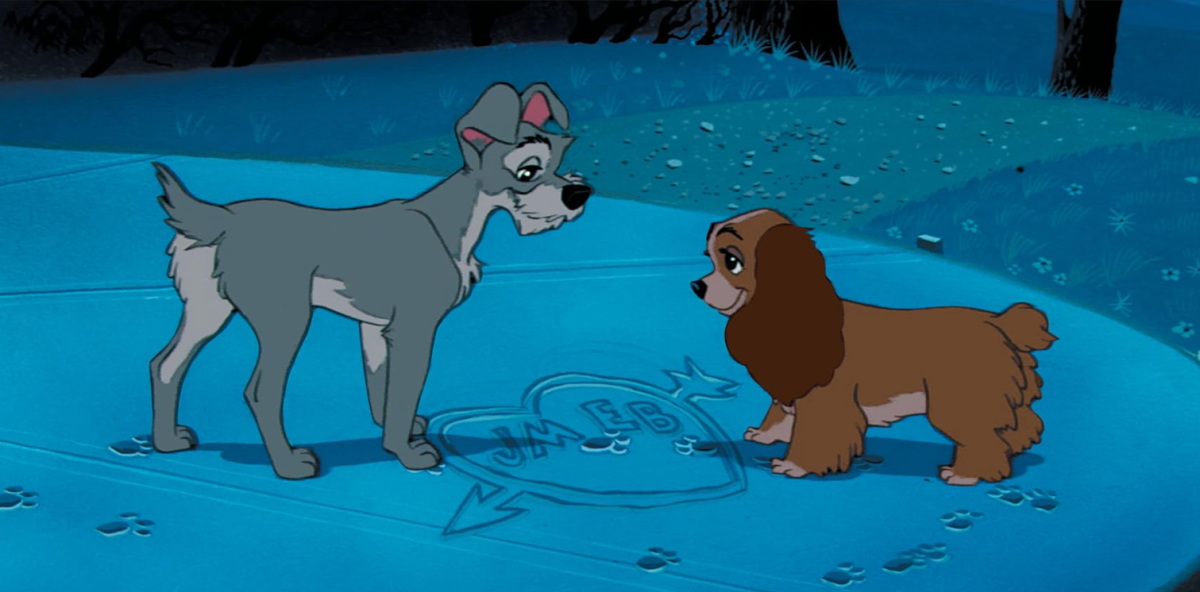Rating: 9/10
In essence, the plot of “The Hunger Games: The Ballad of Songbirds and Snakes” is a derailed senior capstone project that sets a misguided and academically motivated young Coriolanus Snow on the narrow path to becoming a totalitarian dictator. The movie tactfully sets up Snow’s origin story and reveals how televised dramatization can be leveraged to weaponize public attention and cement a legacy of treachery.
Spoilers ahead for “The Hunger Games: The Ballad of Songbirds and Snakes.”
If the title of the movie rings a bell, it is because “The Hunger Games: The Ballad of Songbirds and Snakes” is a prequel to “The Hunger Games” trilogy, which was part of a historic barrage of novels by Suzanne Collins that inducted young readers into the genre of dystopian fiction. Instead of following idyllic narratives, such dystopian stories contemplate on the cunning versus caring instincts in post-apocalyptic worlds.
In order to be a successful prequel, “The Hunger Games: The Ballad of Songbirds and Snakes” needed to answer two questions: was Snow destined to be a ruthless dictator, and what made the inhumane games so popular in the Capitol? The movie answered both masterfully.
Throughout the movie, the audience watches Snow grapple with his warring cunning versus caring instincts in silent horror, with his hunger for power prevailing in the end. Just as Snow iconically foreshadowed in the beginning of the movie, “Snow lands on top.”
Since the movie was made in close collaboration with Collins, it adheres closely to the novel with details being changed for higher emphasis in accordance with thematic imagery. The movie doesn’t unjustly paint Snow in a favorable light. Instead, it unflinchingly depicts the warped circumstances that nurtured his ruthless instincts despite some heart wrenchingly caring moments.
The movie kicks off during Snow’s childhood in a society devastated by rebellion with the Capitol barely quashing the opposition. The movie keeps the audience hooked by artfully depicting the mistrust and the political tension that brought the districts to the brink of annihilation.
The timeline then jumps to the 10th annual Hunger Games where 24 top students at The Capitol, including Snow and his peers, are assigned as mentors to the tributes that will fight for survival in the nationally televised Hunger Games. The caveat being that only the mentor to the final surviving victor will receive the Plinth scholarship to study at university, a scholarship Snow desperately needs as his family is secretly barely getting by in their tiny apartment.
The movie is set before the Hunger Games were popular among the Capitol and its citizens, something the audience never saw in the trilogy. The public is neither interested or invested in the tributes’ brutal fight for survival. In fact, the audience slowly learns that Dean Highbottom, the co-creator of the Hunger Games alongside Snow’s father, tried repeatedly to sabotage the Hunger Games because he had only ever intended them as a cruel experiment.
It was Snow’s father that turned the Hunger Games into a reality, and Snow who cemented their legacy making the audience deliberate whether Snow was destined for cruelty. The movie divulges how Snow single-handedly took the annual Hunger Games and makes them a national sensation by allowing the Capitol audience to get closer to the 24 tributes through televised interviews and the eventual betting and donations for their survival.
While the audience suspects that Snow has a higher threshold for cruelty from the beginning, the feeling is offset by his unlikely friendship and a fleeting romance with Lucy Gray Baird, a quick-witted nomadic singer reaped from District 12 and assigned to Snow for mentorship. The movie dives into all the risky strategic choices he makes to ensure her survival which, in a less flaunted way, also aligns with his interest in securing the Plinth scholarship.
Snow cheats in the games by giving Lucy Gray unfair advantages, and gets exiled from the Capitol. They meet again in District 12 where the couple shares moments of intimacy — the calm before the storm. At its turning point, Snow’s discontent in a life without power makes him betray pivotal trusts and friendships. A price he becomes willing to pay to resume his life in the Capitol which ends with Lucy Gray disappearing into the forest after a tense standoff.
The best movies are ones that don’t tie up all the loose ends neatly. The audience is left wondering, what would have happened if Lucy Gray hadn’t run away? What would Lucy Gray and Snow say or do to each other if he had caught up to her?
In hindsight, the audience can piece together how Snow had the precursors of becoming a tyrannical dictator despite moments of genuine softness. Would Lucy Gray trusting Snow have meant something or had the grasp of power doomed Snow to decades of cruelty? The movie made its statement heard. Snow might land on top, but we know all too well how easily it gets stepped on.










